 Название
Название: Agents, Networks, Evolution: A Quarter Century of Advances in Complex Systems
Автор: Frank Schweitzer
Издательство: World Scientific Publishing
Год: 2023
Страниц: 612
Язык: английский
Формат: pdf (true)
Размер: 32.0 MB
Scientific progress during the last three decades has greatly profited from our advances in understanding complex systems. Fundamental modeling approaches were considerably improved, particularly agent-based modeling, network science, nonlinear dynamics, and system science. At the same time, these approaches have been applied to and adopted by various scientific disciplines, ranging from physics and chemistry to engineering, molecular biology, economics, and the social sciences. This book reflects the success of complexity science both from a historical and a modeling perspective. It uses 25 articles from different disciplines, published over 25 years, to demonstrate the power and problems of modeling complex systems. The book's four parts, Agent-based Models, Network Models, Models of System Dynamics, and Models of Evolution, each provide an informative synopsis of the respective modeling approach.
 Название: Электрические машины
Название: Электрические машины
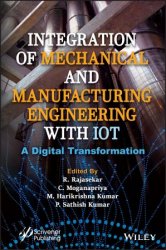
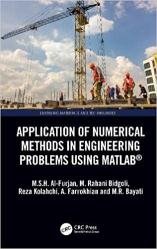 Название: Application of Numerical Methods in Engineering Problems using MATLAB
Название: Application of Numerical Methods in Engineering Problems using MATLAB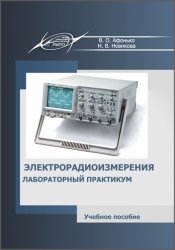

 Название: Agents, Networks, Evolution: A Quarter Century of Advances in Complex Systems
Название: Agents, Networks, Evolution: A Quarter Century of Advances in Complex Systems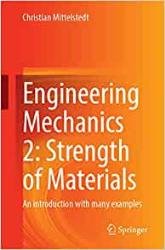 Название: Engineering Mechanics 2: Strength of Materials: An introduction with many examples
Название: Engineering Mechanics 2: Strength of Materials: An introduction with many examples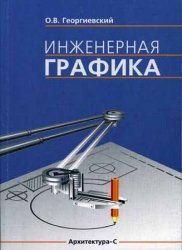
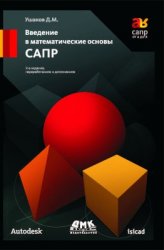
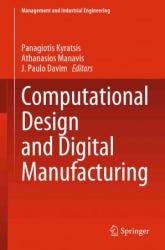 Название: Computational Design and Digital Manufacturing
Название: Computational Design and Digital Manufacturing